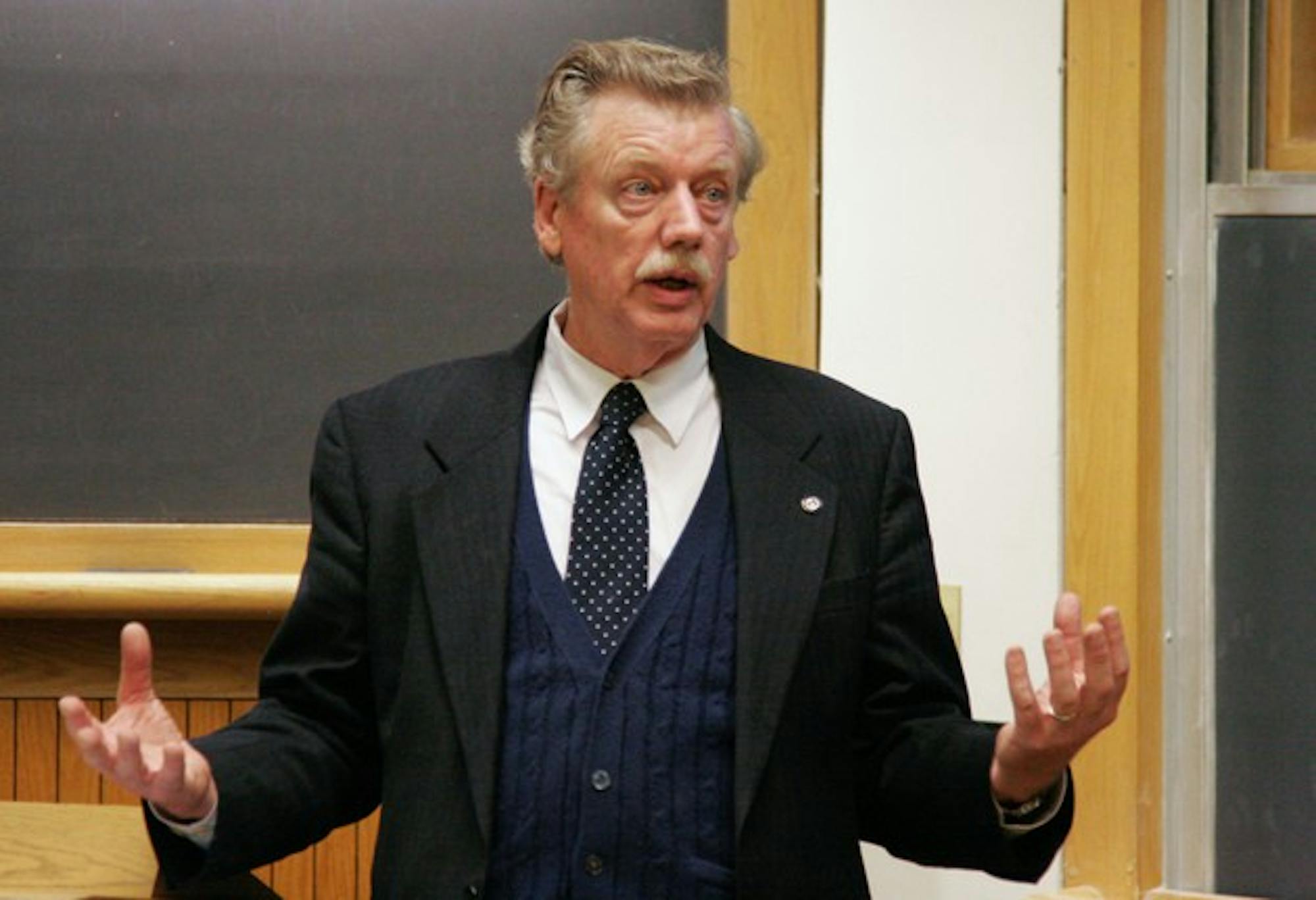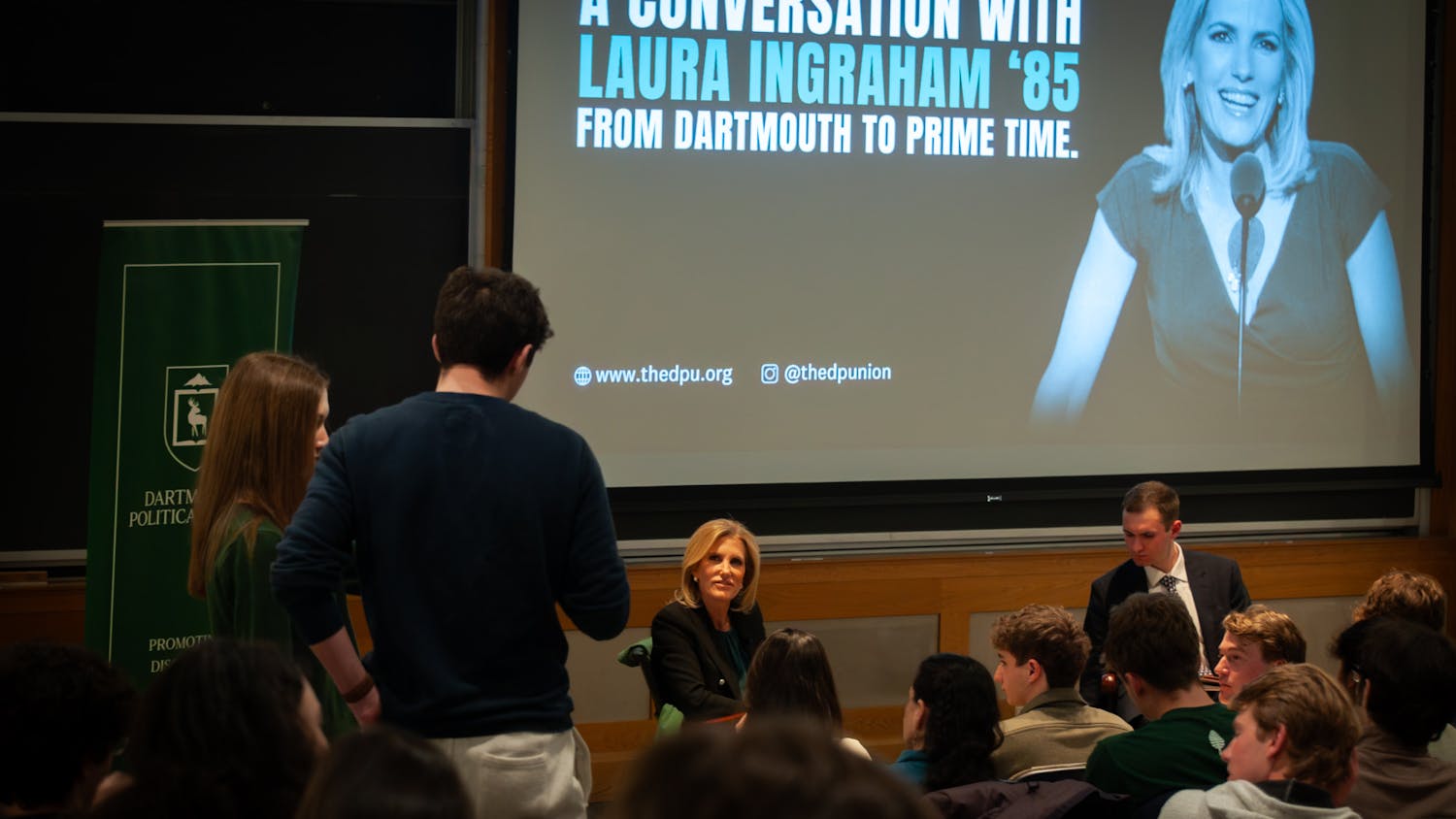"The greatest number of casualties today and the greatest number of displaced civilians are found in Iraq," he said, adding, "Hello, why don't [you activists] spend your time focusing on phony and fake reasons for unilateral American military involvement in Iraq?"
Lobban also said Darfur "is a humanitarian crisis of grave proportion."
The conflict in Sudan is hard to address, Lobban said, because of the country's size and geography, which make it difficult to coordinate peacekeeping operations.
"Sudan is a huge country, and as the largest in Africa, it shares borders with nine other nations," Lobban said.
The problems in Darfur is also economically relevant to the United States.
"Sudan will become the fourth or fifth most important producer of oil in Africa," Lobban said, explaining that most U.S. oil in Africa comes from Chad, Nigeria and Angola.
Lobban explained that a variety of factors have led to the conflict, including reduced economic opportunities, competition among territorial clans, increased inter-ethnic conflict and removal of conflict resolution mechanisms.
A decline in rainfall has also exacerbated the conflict, Lobban said and scarce natural resources are the cause of much of the internal competition.
In addition, the two major groups fighting in Sudan's Darfur region -- the janjaweed and rebel groups, which include the Justice and Equality Movement and the larger Sudan Liberation Army -- have very different ideological backgrounds that are constantly clashing, Lobban explained.
When asked if the United States should intervene in Darfur, Lobban said it should, but added that he did not expect military involvement in the near future.
"I can guarantee there is absolutely no military discourse that is being considered," he said. "The U.S. won't be sending troops to Darfur any time soon, and it's a disgrace. Despite having the means we still cannot find the political will to interfere."
Lobban also responded to questions about whether the conflict in Darfur can be labeled as genocide. He compared Darfur's "asymmetric insurgency" to the "obvious and total genocide in Rwanda."
"Is all violence in Darfur genocidal? I would say, definitely not," he said. "We have to differentiate between the different natures of violence."
Lobban emphasized that the situation in Darfur can only be called a genocide after the international community considers the intent of the actors. Some of the militia and government officials demonstrate this intent, but not all, Lobban said.
Using the model of Nazi Germany, Lobban demonstrated the difference between a government that gives no sanctuary to specific population -- in that case the Jews -- with the Sudanese government in Khartoum, which offers displaced individuals a sanctuary free from oppression.
"In Hitler's Germany, once identified, these individuals were exterminated," he said. "In Rwanda, the Tutsi had no place to hide. In Sudan, however, there are many that have found refuge."




